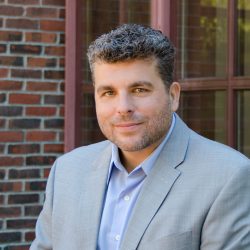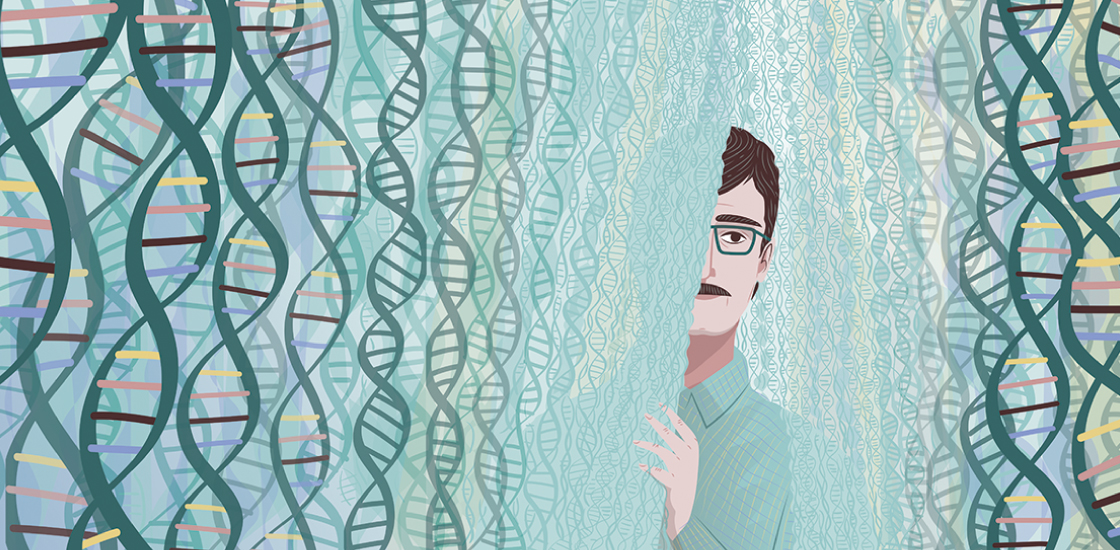
Michael Talkowski
Associate professor
Harvard University
From this contributor
Whole genomes may hold clues to autism, but patience is key
We finally have access to whole-genome sequences from people with autism. But before we can properly interpret these data, we need to know what we're looking for.

Whole genomes may hold clues to autism, but patience is key
No ‘ideal’ tissue for gene expression studies of autism
Researchers should investigate a broad spectrum of human- and animal-derived tissues to fully capture the complexity of autism, say Michael Talkowski and James Gusella.

No ‘ideal’ tissue for gene expression studies of autism
Explore more from The Transmitter
Neuroscience needs single-synapse studies
Studying individual synapses has the potential to help neuroscientists develop new theories, better understand brain disorders and reevaluate 70 years of work on synaptic transmission plasticity.

Neuroscience needs single-synapse studies
Studying individual synapses has the potential to help neuroscientists develop new theories, better understand brain disorders and reevaluate 70 years of work on synaptic transmission plasticity.
New insights on sex bias in autism, and more
Here is a roundup of autism-related news and research spotted around the web for the week of 16 February.

New insights on sex bias in autism, and more
Here is a roundup of autism-related news and research spotted around the web for the week of 16 February.
Neuroscience has a species problem
If our field is serious about building general principles of brain function, cross-species dialogue must become a core organizing principle rather than an afterthought.

Neuroscience has a species problem
If our field is serious about building general principles of brain function, cross-species dialogue must become a core organizing principle rather than an afterthought.